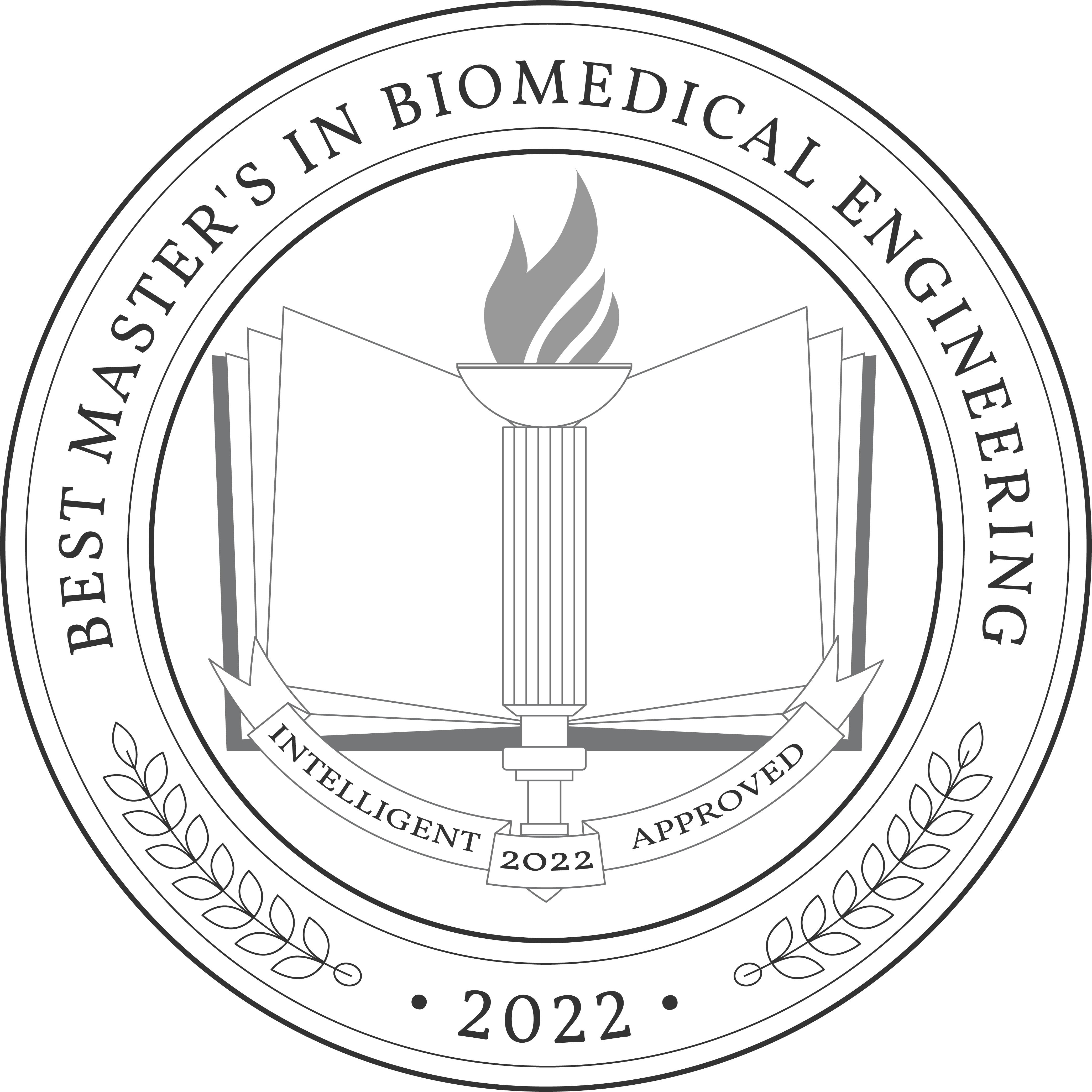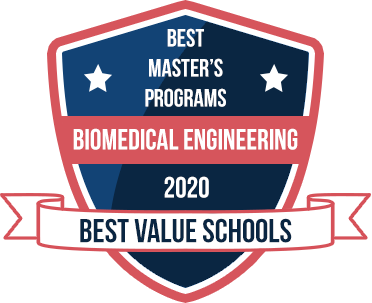Students pursuing graduate programs within the Department of Biomedical Engineering have the ability to use their knowledge and skillset to create practical applications in healthcare and within their communities. Current and past students have sought to increase physical patient mobility, diagnose and cure cancer, and develop bioresorbable implants for surgeries.
View our graduate flyer to learn more.
Read BMEN graduate handbook
MS Program
The department offers a STEM-designated Masters of Science in Biomedical Engineering with the following options.
- Thesis option - minimum of 30 semester hours required beyond the bachelor's degree.
- Non-thesis option - minimum of 33 semester hours required beyond the bachelor's degree.
Degree Plans
- MS in Biomedical Engineering thesis option
- MS in Biomedical Engineering non-thesis option
- MS Specializations/tracks
Courses for MS in Biomedical Engineering
MS in Biomedical Engineering for students with 3/4 year Bachelor's degree in Biology / Chemistry / Math / Physics
MS in Biomedical Engineering / MBA in Business Management
MS in Biomedical Engineering / MS in Data Science (COI)
Ph.D. Program
The Department of Biomedical Engineering offers a Ph.D. in Biomedical Engineering.
Our Ph.D. program offers two tracks: a traditional research track that will help you progress toward your academic career goal and a one-of-a-kind healthcare start-up management track in collaboration with the G. Brint Ryan College of Business. High-achieving students may apply with a bachelor’s or master’s degree in Biomedical Engineering.
- Ph.D. In Biomedical Engineering Research Track, after BS degree plan
- Ph.D. in Biomedical Engineering Research Track, after MS degree plan
- Ph.D. in Biomedical Engineering Healthcare Startup, after BS degree plan
- Ph.D. in Biomedical Engineering Healthcare Startup, after MS degree plan
Positions for Ph.D. students in Systems and Synthetic Biology
If your previous degree (BS or MS) is an area other than Biomedical Engineering, then you may need to take some leveling courses. Please consult with your graduate advisor in Biomedical Engineering.


